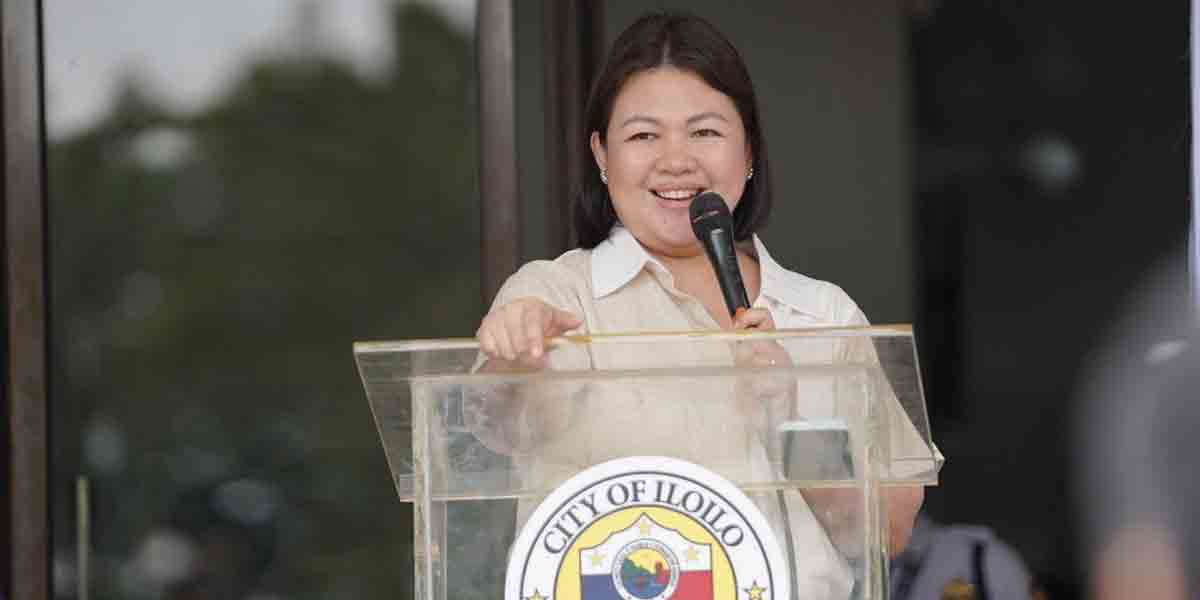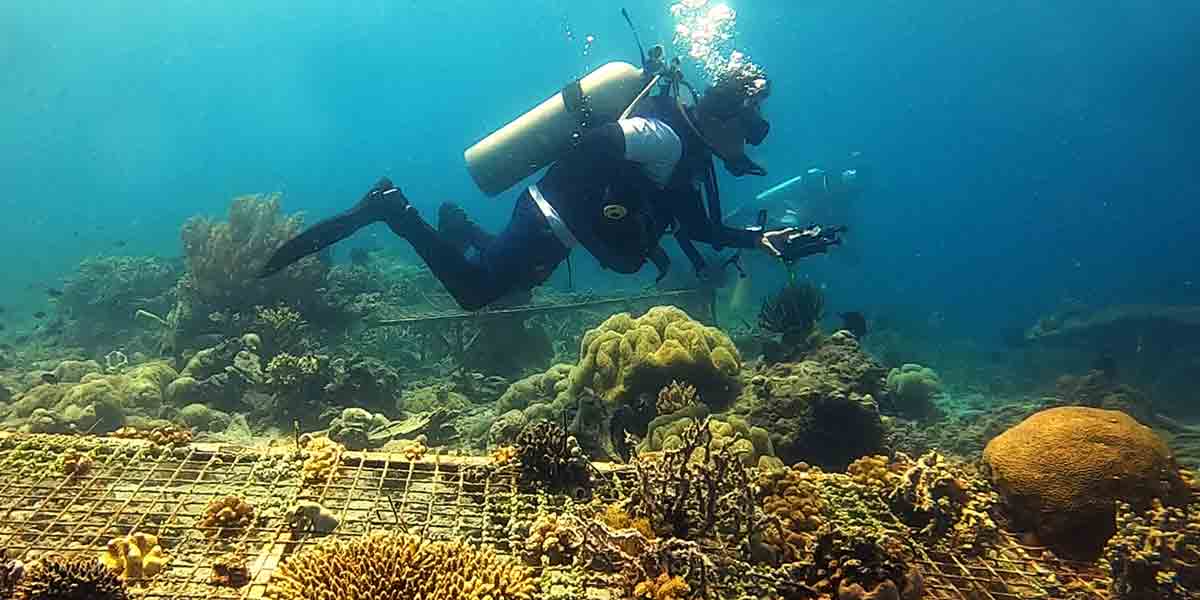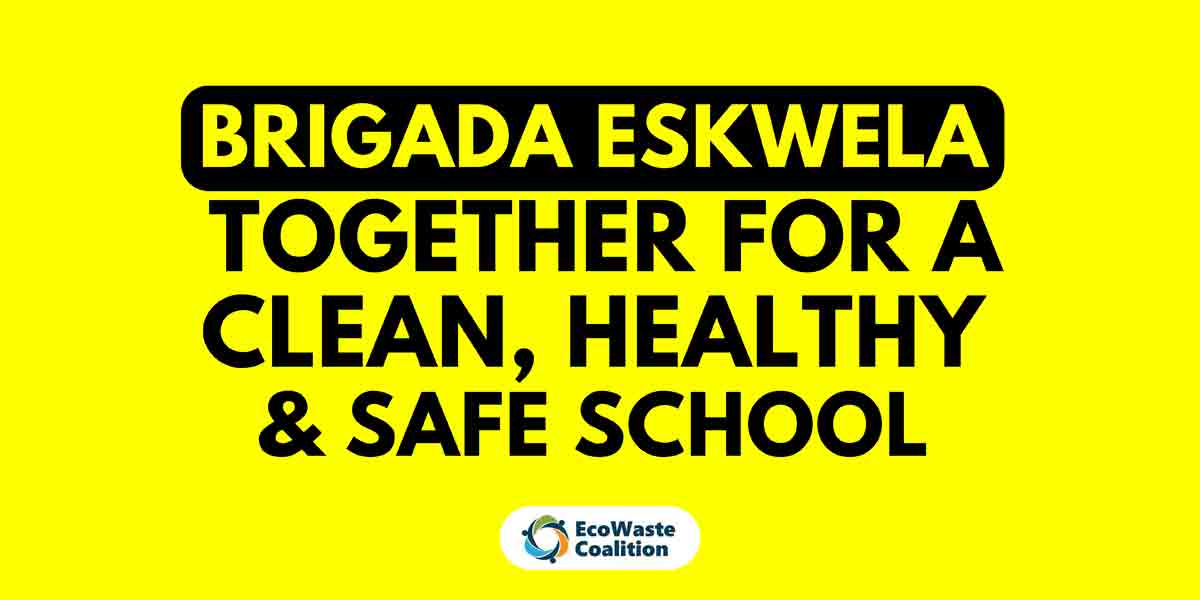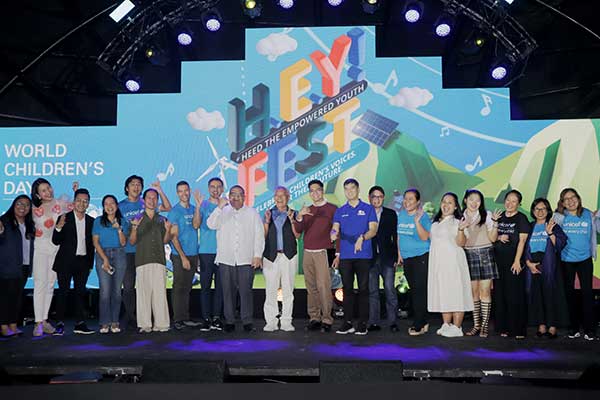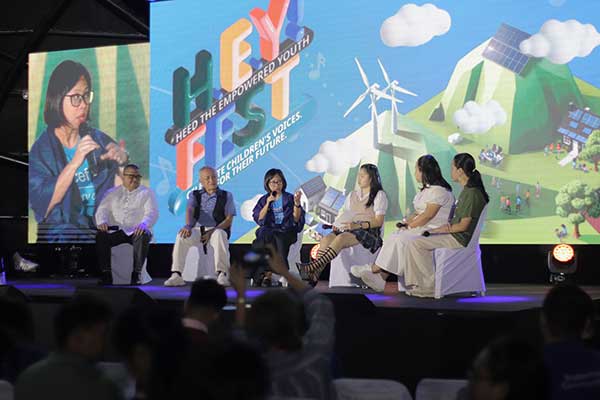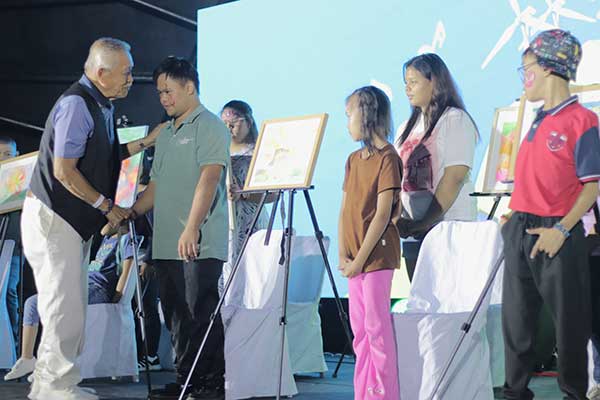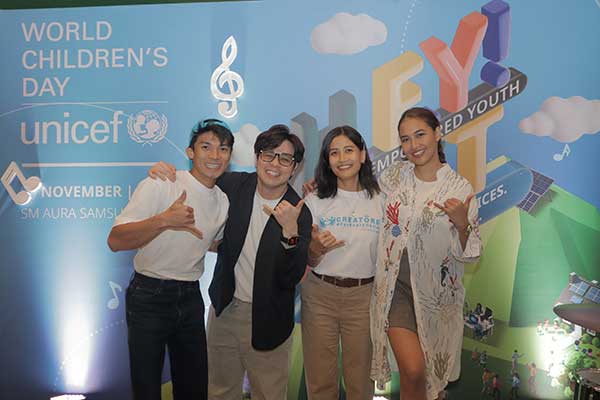By Francis Allan L. Angelo
Over 23 million Filipino children under 14 experience violent discipline at home, according to a recent UNICEF report, highlighting an urgent child protection crisis in the Philippines.
Nearly 60 percent of children aged one to 14 faced at least one form of violent discipline in 2022, with 11.6 million experiencing physical aggression.
The crisis is compounded by high rates of child abuse, school bullying, child labor, and early marriage, creating a complex web of vulnerabilities for Filipino youth.
The findings coincided with UNICEF Philippines’ World Children’s Day celebration, where youth gathered in Manila on November 30 for the H.E.Y. Fest! (Heed the Empowered Youth) to envision their futures in 2050.
“Children in the Philippines face many threats to their survival and development,” said UNICEF Philippines Acting Representative Behzad Noubary.
The Commission on Human Rights expressed “deep concern” over the findings, which revealed that 9.1 million children endured physical punishment, while nearly 800,000 suffered “severe” physical punishment.
“This pervasive cycle of violence is a troubling reality that we must urgently put to an end,” the CHR stated, calling for immediate government intervention.
The Commission cited Article XV, Section 3(2) of the 1987 Philippine Constitution, which mandates the state to defend children’s rights to proper care and protection from all forms of neglect and abuse.
UNICEF’s 2024 State of World Children’s report identified three major trends affecting Filipino children’s futures: demographic shifts, climate change, and frontier technologies.
The Philippines could become the world’s 14th largest economy by 2050, but this potential demographic dividend requires significant investment in health, education, and skills building.
Urbanization is increasing rapidly, with projections showing two-thirds of the population will live in cities by 2050, creating new challenges for child welfare and development.
Climate change poses severe risks, with rising temperatures potentially displacing millions of Filipinos by 2050 through increased typhoons, floods, and heatwaves.
Children lack representation in crucial policy discussions, including updates to the Nationally Determined Contributions plan for climate action.
The digital divide remains a critical challenge, exposed during the COVID-19 pandemic when many children lacked internet access for remote learning.
UNICEF advocates for the “3Cs” approach to bridge this gap: Content (innovative learning solutions), Capacity (digital skills), and Connectivity (affordable internet access).
The Philippines has emerged as a major center for child sex abuse material production, with artificial intelligence-generated content presenting a new threat.
The CHR, through its Child Rights Center, is actively lobbying for Senate Bill 2612 and House Bill 10159, which comprise the Magna Carta of Children.
“Protecting the rights of children is both a moral obligation and a Constitutional duty,” the CHR emphasized, calling for partnerships across all sectors.
The Commission strongly advocates for positive parenting strategies that prioritize compassion and understanding over violent discipline.
UNICEF appointed two new young advocates: Joshua Villalobos from Bacolod City and Fatima Darwissa Mansul from Cotabato City, to help advance children’s causes.
The organization hosted celebrations across the country, including an “Art of the Future” exhibit in Cotabato City and a special Manila Bulletin takeover by children on World Children’s Day.

